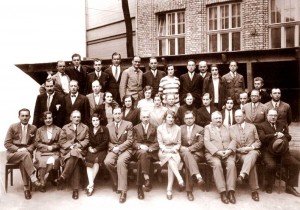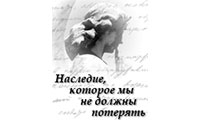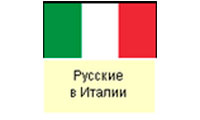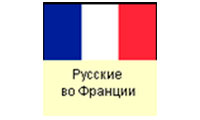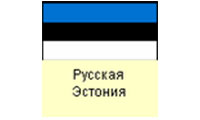George Klimoff
George Klimoff (28th of September 1895, Mitau/Jelgava, Courland governorate, Russian Empire – 1st of December 1967, Ottawa, Canada) – a naval officer, participated in the White movement during the Civil War in the south of Russia, an antiquarian.
G. Klimoff graduated from the Russian Realschule in Warsaw. In the June of 1914 he was accepted into the Naval Cadet Corps in Saint-Petersburg, from which he graduated in 1916. Klimoff was promoted to ensign and was detached to Helsingfors (Helsinki) to the artillery courses for officers. He was dismissed after the October revolution and went to Novocherkassk to unite with his parents. From Novocherkassk he went to Novorossiysk, where he joined the Russian (White) Navy. Klimoff participated in the Civil War in Russia. After the evacuation from Crimea he moved to Riga, where he spent 24 years of his life working as an insurance agent and an antiquarian. Was a member of Russian Academic Society. In 1936 was one of the organizers of the annual Tatiana ball (was a member of Tatiana commitee). In 1944 he fled from the approaching Red Army to Germany, and after the end of the war worked by the headquarters of the French occupation forces in the city of Kirchheimbolanden (Rhineland-Palatinate).
In 1951 he moved to Canada. In Quebec Klimoff opened his own antique shop and supported the widows of Russian naval officers. Later, he became a citizen of Canada. After his retirement, Klimoff moved to Ottawa. He was married to Sofia Teodorovitch (1899-1992), a daughter of a protopriest and a distinguished Orthodox public figure Terenty Teodorovitch, who served in Warsaw after the revolution. Both spouses passed away in Ottawa and are buried in the Orthodox part of Ottawa cemetery, where his brothers Eugene and Constantine were buried with their wives.
George Klimoff had three brothers: an artist Eugene, a music teacher Constantine and an engineer Paul (1899-1970).
Alexei Klimoff


